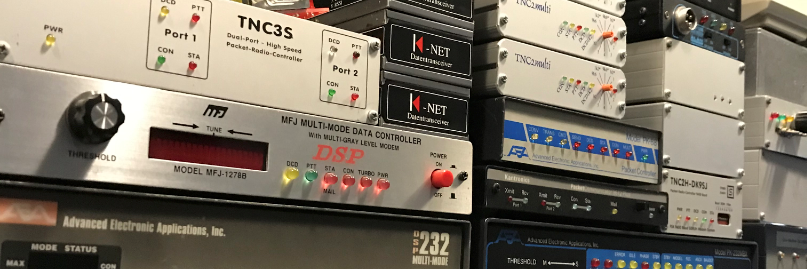
PG programs development. PG programs are in the PG subdirectory. They are small programs allowing interactivity with the user. COM or EXE programs can be called. PG programs must be little as the amount of memory is limited and fast because the multitasking is stopped during its activity. To run a PG program and start a session, the user must type the command PG followed by the name of the program. The PG command alone gives the content of the PG subdirectory. The PG program is particularly developed for FBB software but can be an interface to a standard program. Each time a complete line (up to the return character) is received, the PG program is called with some arguments including a level number. This number is incremented each time the program is called in the same PG session. The first time the level number will be 0. The line arguments given to the PG program are : - Callsign (format as F6FBB-8). - Level number (0 is the first time, up to 99). - Flags of the user (binary number as user`s mask of INIT.SRV). - Record number of the user in INF.SYS. - Received data (each word is a new argument). The PG program ends with an exit value. This value is very important and tells the BBS what to do : 0 : end of session and return to the BBS menu. 1 : the program will be called again and the level number is incremented. 2 : the user will be disconnected. 3 : the receive data will be sent as a BBS command and return to BBS. 4 : the receive data will be sent as a BBS command, level incremented. 5 : the program will be called again, but the level is not incremented. The data sent by the PG program to the standard output will be sent to the user. This allows a real interactivity between the user and the PG program. Here is an example of a small program : /* * TST_PG.C * * Little test program of "PG" command for FBB BBS software. * * (C) F6FBB 1991. * * FBB software 5.14 and up. * * * This program echoes to the user what he types * or executes a BBS command preceded by "CMD" * until "BYE" is received */ #include <stdio.h> main(int argc, char **argv) { int i; int level = atoi(argv[2]); /* Get level from argument list */ /* and transform it to integer */ if (level == 0) { /* Is level equal to 0 ? */ /* This is the first call */ printf("Hello %s, type BYE when you want to stop !\n", argv[1]); return(1); /* program will be called again */ } else { strupr(argv[5]); /* Capitalise the first word */ if (strcmp(argv[5], "BYE") == 0) { /* is BYE received ? */ printf("Ok, bye-bye\n"); return(0); /* Yes, go on BBS */ } else if (strcmp(argv[5], "CMD") == 0) { /* is CMD received ? */ for (i = 6 ; i < argc ; i++) /* List line arguments */ printf("%s ", argv[i]); /* sent by user */ putchar('\n'); for (i = 6 ; i < argc ; i++) /* List line arguments */ printf("%s ", argv[i]); /* sent by user */ putchar('\n'); return(4); /* Yes, send command */ } else { printf("You told me : "); /* These are other lines */ for (i = 5 ; i < argc ; i++) /* List line arguments */ printf("%s ", argv[i]); /* sent by user */ putchar('\n'); return(1); /* No, call again program */ } } }
